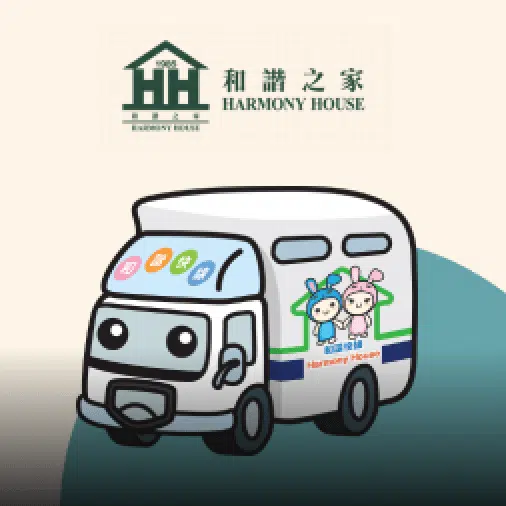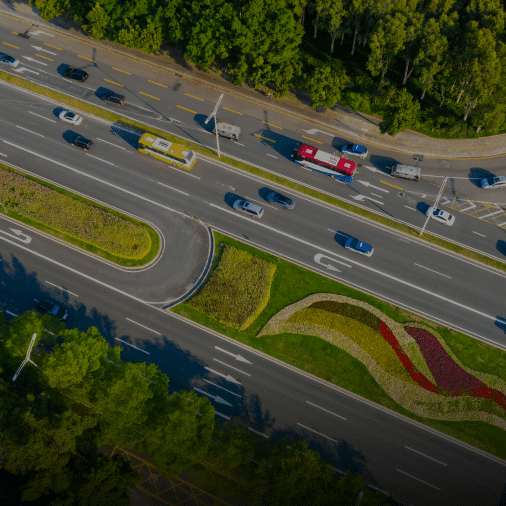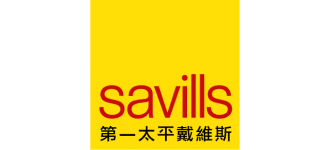Cross-Platform Development (e.g., Flutter, React Native):
Pros:
– One codebase for both iOS and Android saves development time and costs.
– Ideal for small to medium apps or projects with budget constraints.
Cons:
– Performance may not match native apps, especially for apps requiring high computational power.
– Limited integration with certain hardware features (like cameras or Bluetooth).
– User experience might not be as seamless as native apps.
Native Development (Swift for iOS, Kotlin for Android):
Pros:
– Delivers the best performance and user experience.
– Fully supports all hardware features and platform-specific functionalities.
Cons:
– Requires separate development for iOS and Android, increasing costs and time.
– Better suited for large-scale apps with high performance and hardware integration needs.
How to choose?
– Opt for cross-platform if you need a quick, budget-friendly solution and the app’s functionality is not overly complex.
– Choose native development for apps requiring top performance, advanced features, or a premium user experience.



















































